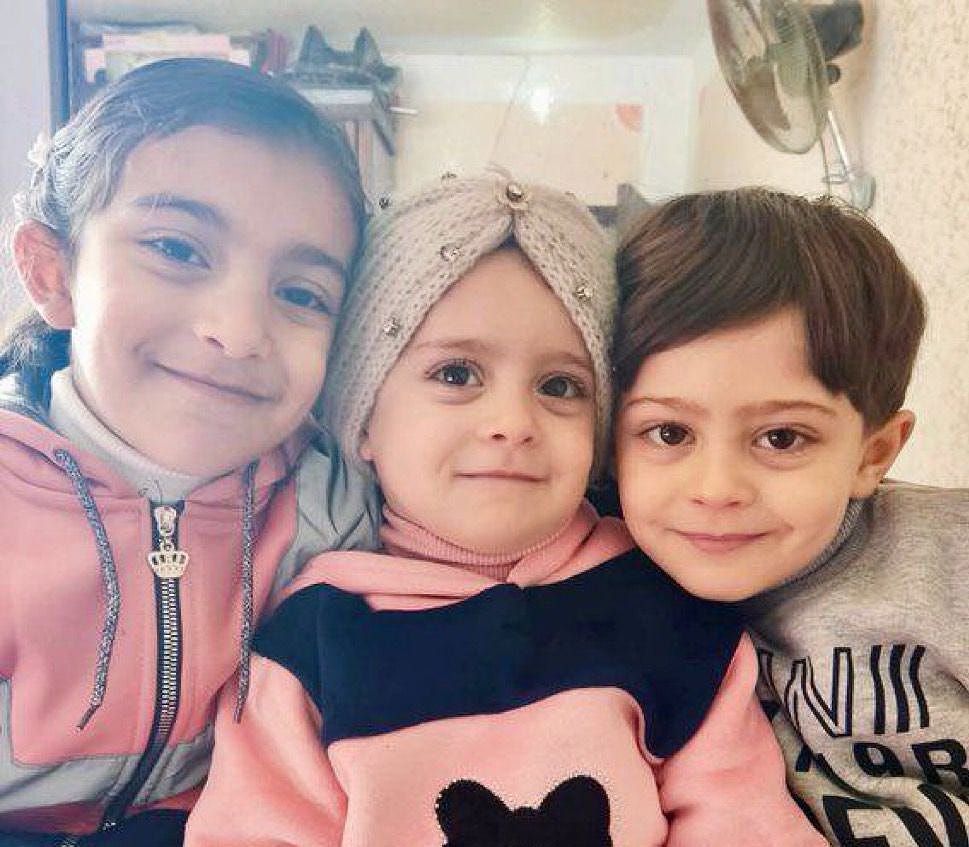I think about you a lot when I write about Israel here at Alphabet Soup. How well do you know the country? What can I share, what do I need to explain, and what simply won’t be of interest to the 92% of readers who don’t live in the Middle East?
But you’re not the target audience for the piece below. It’s an op-ed that I published in the daily Israeli newspaper Yediot Aharonot, a few days ago. I was going to run something completely different in this week’s Soup – a funny story about a man who invented olive-stuffed olives. But when I awoke yesterday morning to news of seventy-three more Palestinians killed in Gaza while waiting for humanitarian aid, who join tens of thousands of Palestinian civilians already dead, I found myself serving you up someone else’s very sour soup.

Walking the streets of Tel Aviv, I watch people hurrying around with anxious looks on their faces, and it’s easy to forget that we’re a country at war. Fighter jets flying overhead serve as an occasional reminder, but we’re usually troubled by some other thing. Trump throws out an optimistic prediction about a ceasefire between Israel and Hamas one day, and the next day he remembers the Ukraine war. Here in Israel, our attention zigzags between a poll showing that over 80% of Israelis want an immediate end to the war, and the finale of a food reality show on prime-time TV. We are regularly surprised by the announcement of yet another soldier killed. And amid this whiplash reality, one thing is always present.
There are days when we cling to hope that the hostages will soon come home, and days when we don’t. There are days when soldiers die, and days when they don’t. There are days when Netanyahu’s coalition seems on the brink of collapse, and days when it feels as if this government is going to hound us for all eternity. But there is one constant: almost every day for the past four months, a double- or triple-digit number of civilians have been killed in Gaza. On your happier days and your sadder ones; when you cried over a fallen soldier and when you laughed at sketch comedy on TV; when you went to Greece on vacation and when you got stuck at the airport trying to get home; when you got called up for reserve duty and when you caught the flu—on each of those days, not two hours’ drive from your front door, children, men and women died as “collateral damage.” Every night when you crawl into bed and shut your eyes, people you do not know, not far away from you, are taking their last breaths. Entire families. When you open your eyes in the morning to check your phone, whether to read that an Israeli delegation is heading to Qatar for negotiations or to learn of some new domestic political crisis—know that even before you glance at the screen, you’ve woken up to yet another day on which human beings will die. Your neighbors.
This death does not shake the world. It is not featured on Channel 12 News, it has no real presence, it’s barely reported. But it is persistent, it is arbitrary, murderous, and serves no purpose. The pile of Gazan bodies grows day by day, ticking away the last remaining moments of the hostages’ lives, meting out all the future notices of soldiers killed. And it is here to remind us of the moral abyss into which we have descended. An abyss in which the daily deaths of dozens—hundreds—of human beings has become routine.




Dear Etgar -
Please stop interrupting our blissful American slumber with news of daily unimaginable horrors. Additionally, your commenting on it, as an Israeli, makes it much more difficult for us to turn this into a black-and-white, good vs bad issue, and complicates the simplistic snap judgements that make us feel like heroes. Thanking you in advance.
- Shalom
“Liking” this does not convey the emotional hit of these observations - of such senseless violence and the way we all stand by, disempowered by a brutal regime. The honest witnessing here matters and speaks to the helplessness I also feel. Thank you for your words, for speaking up.